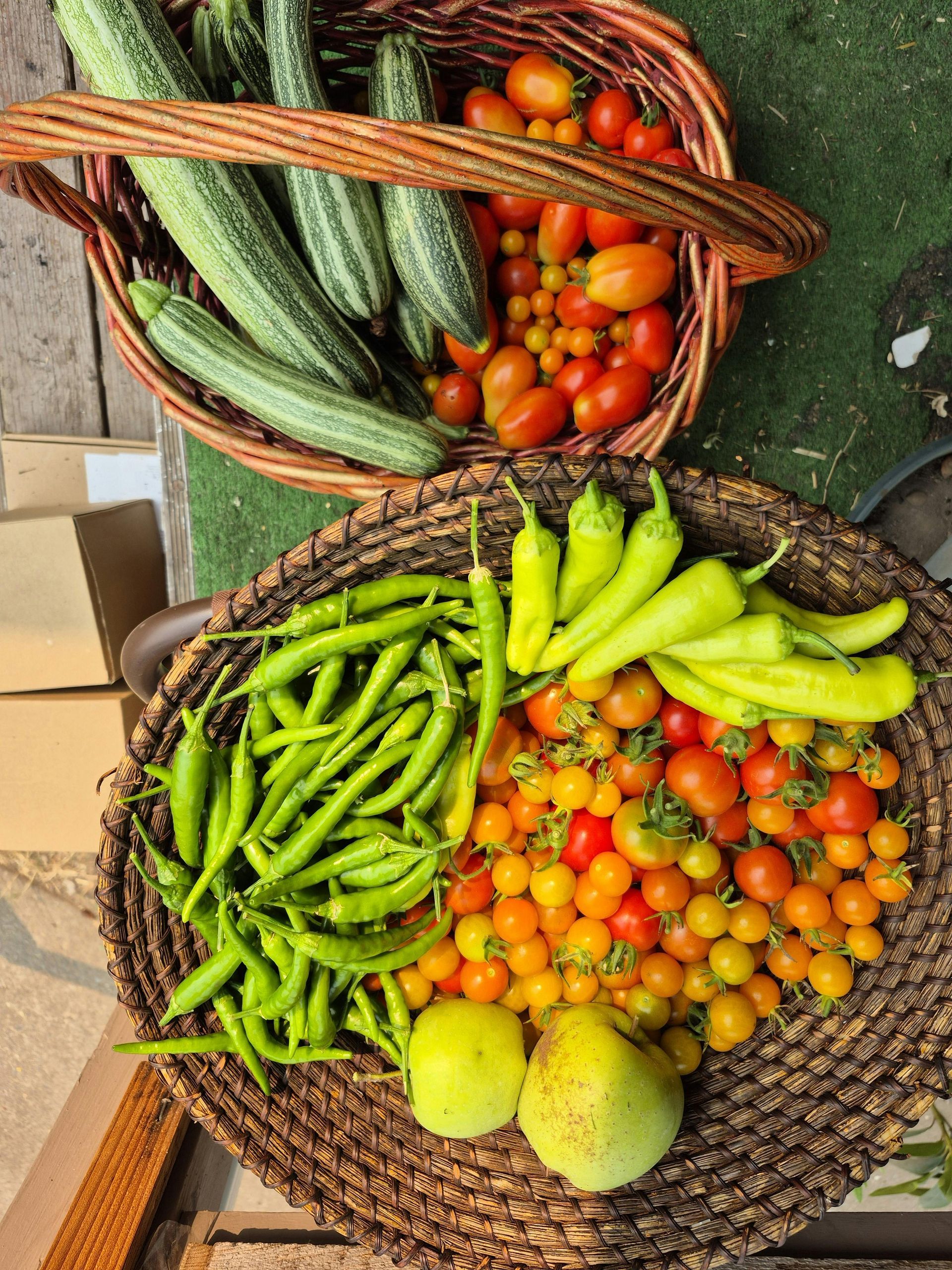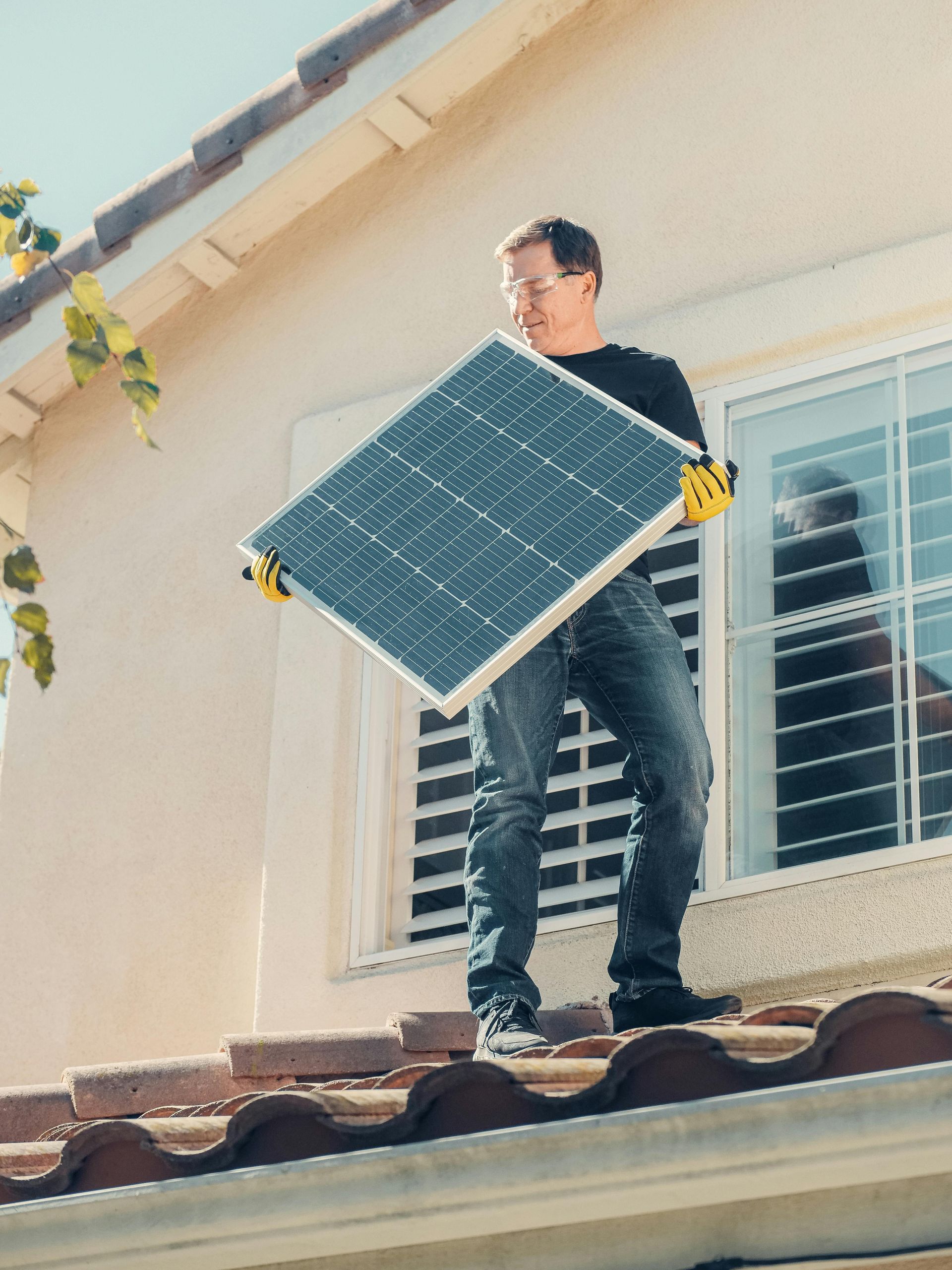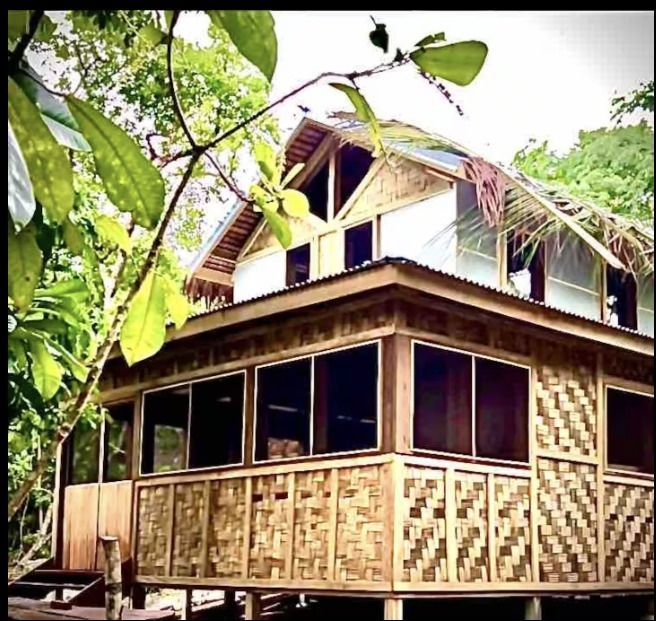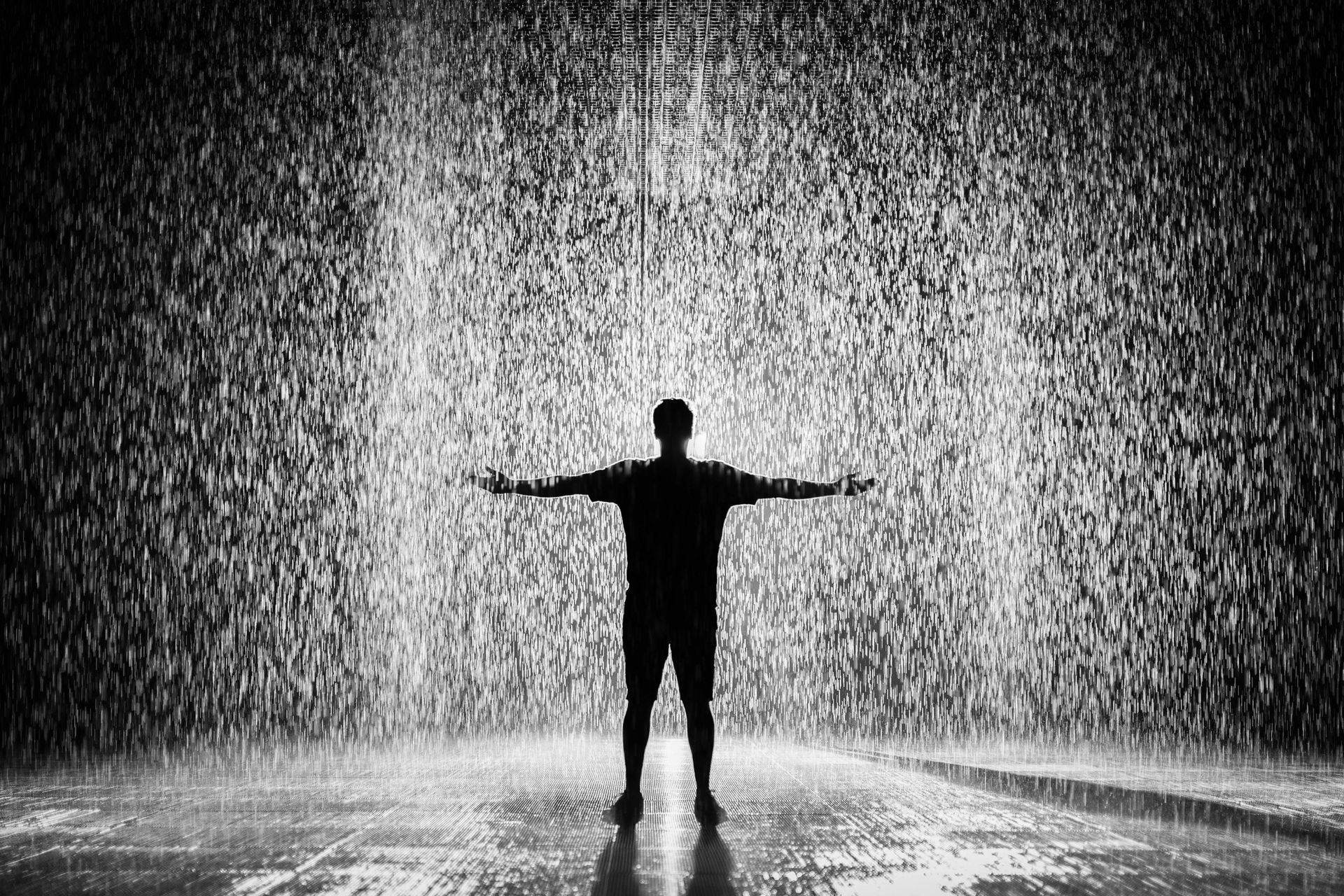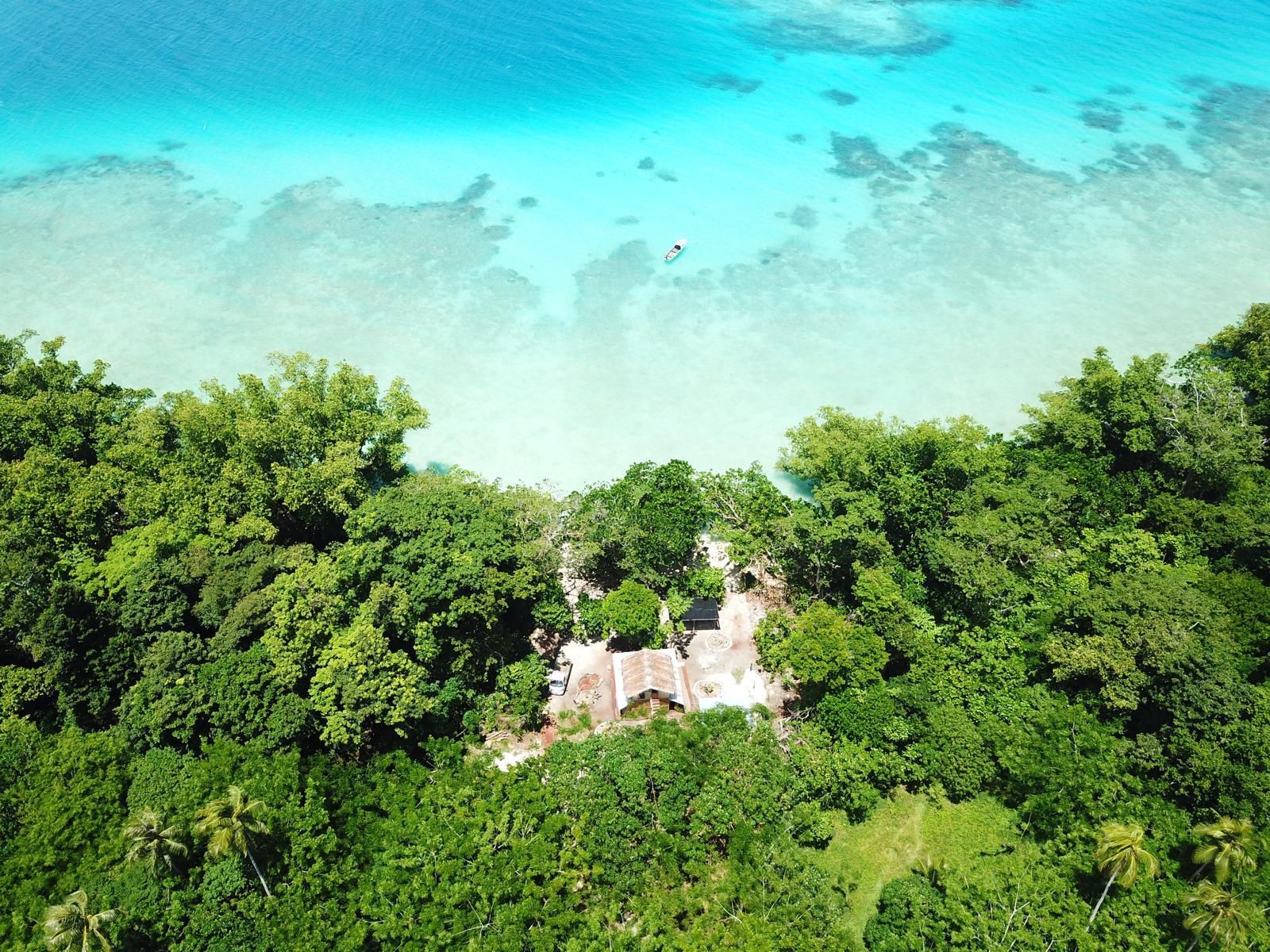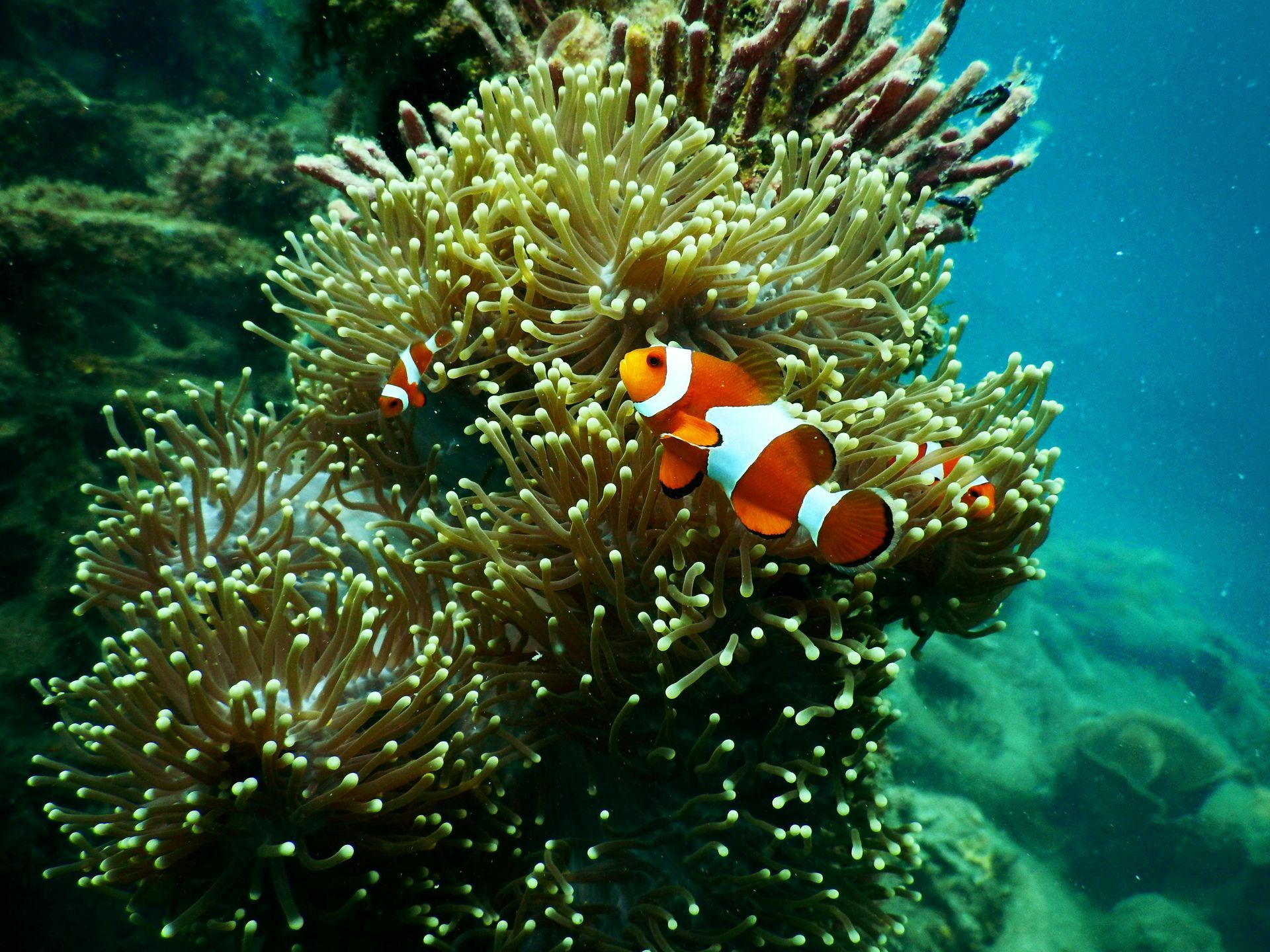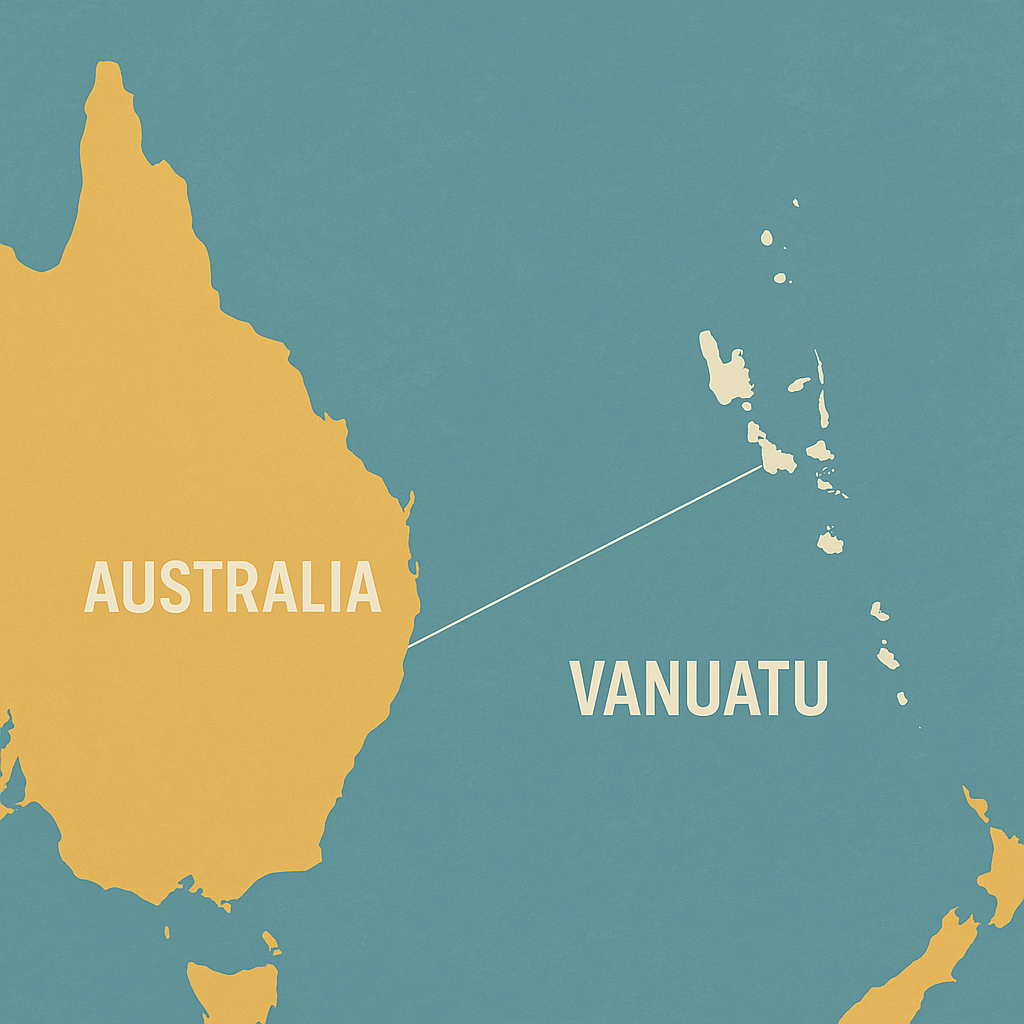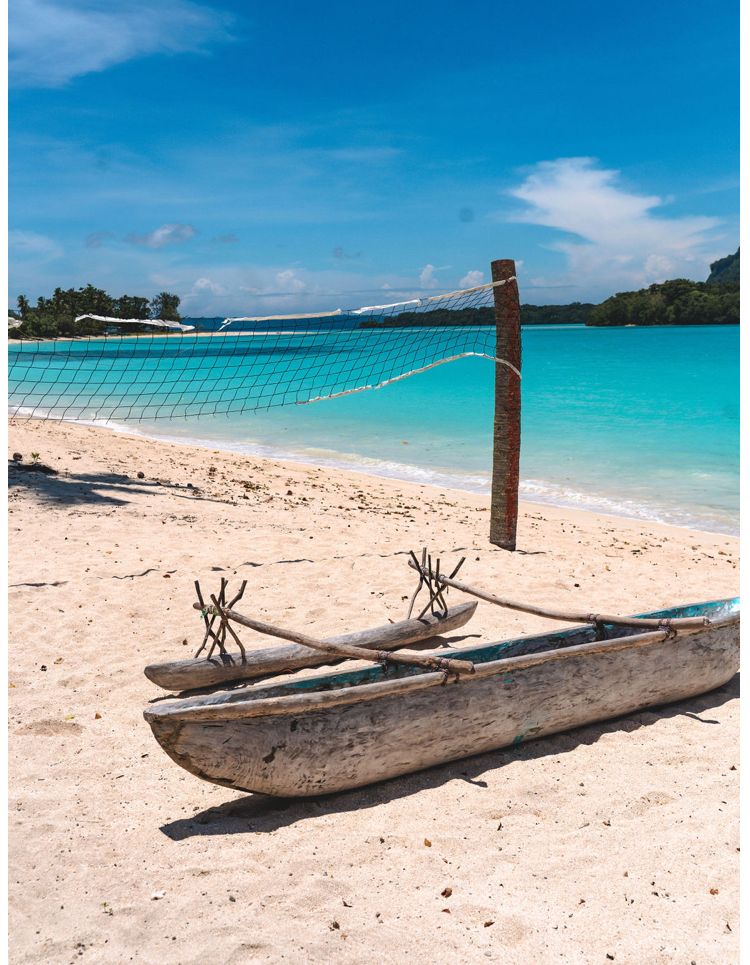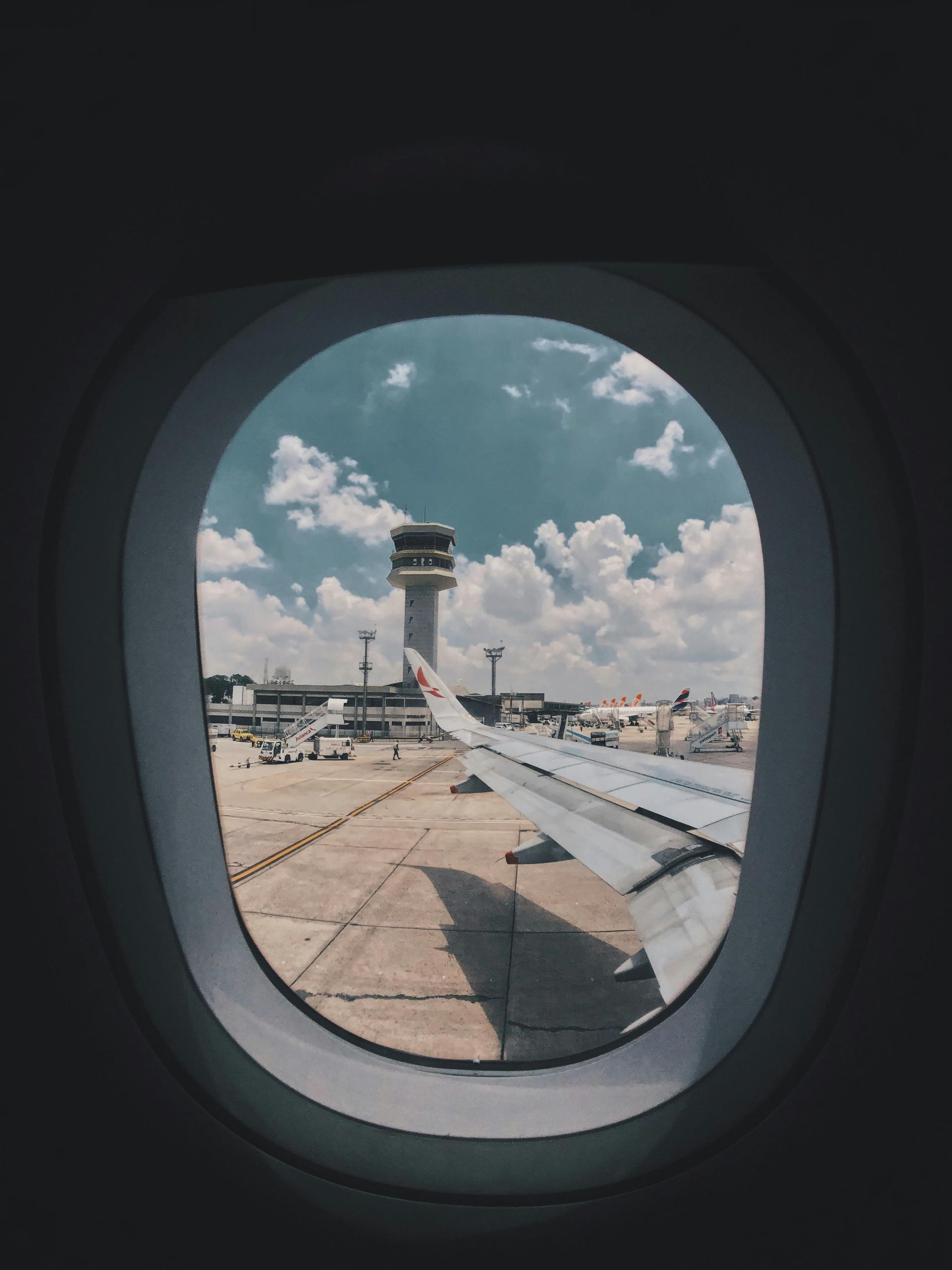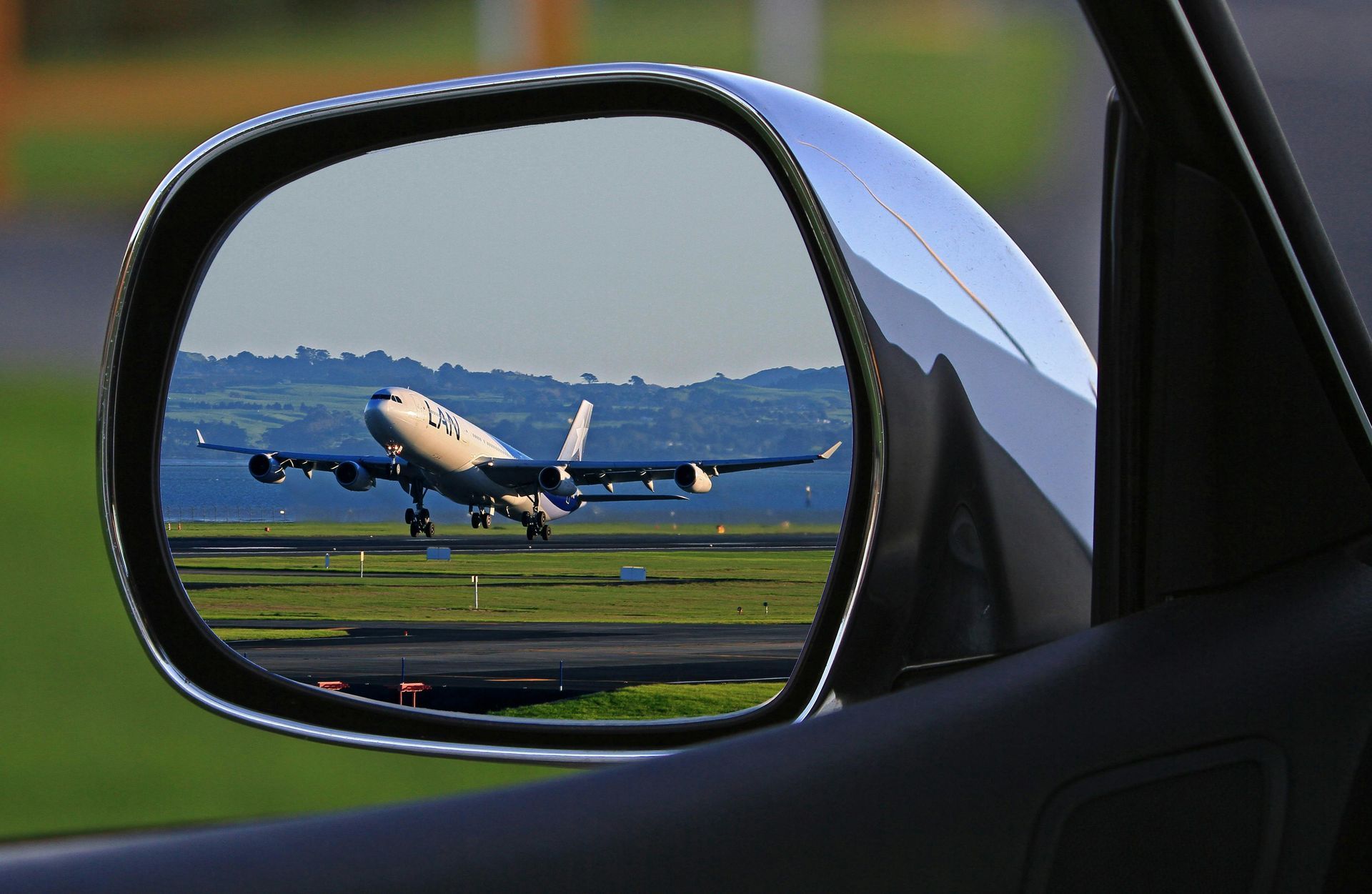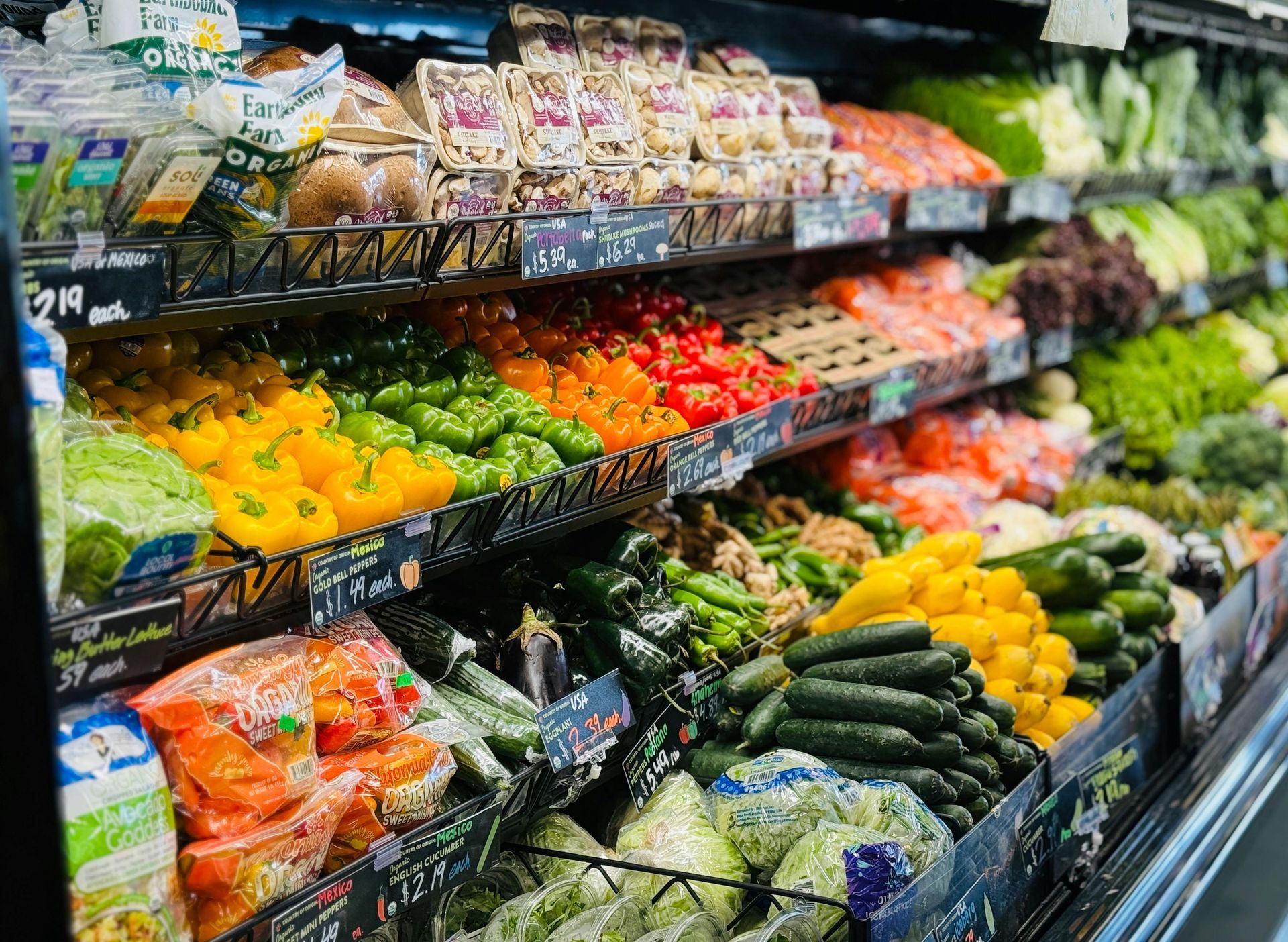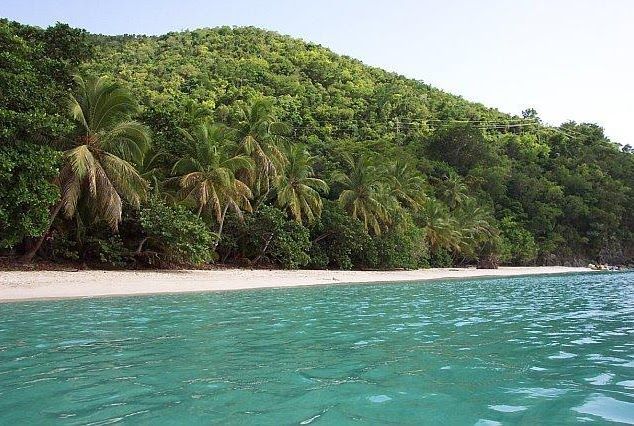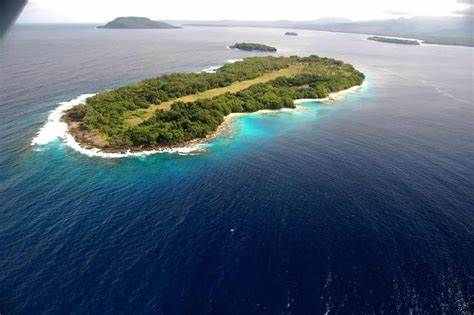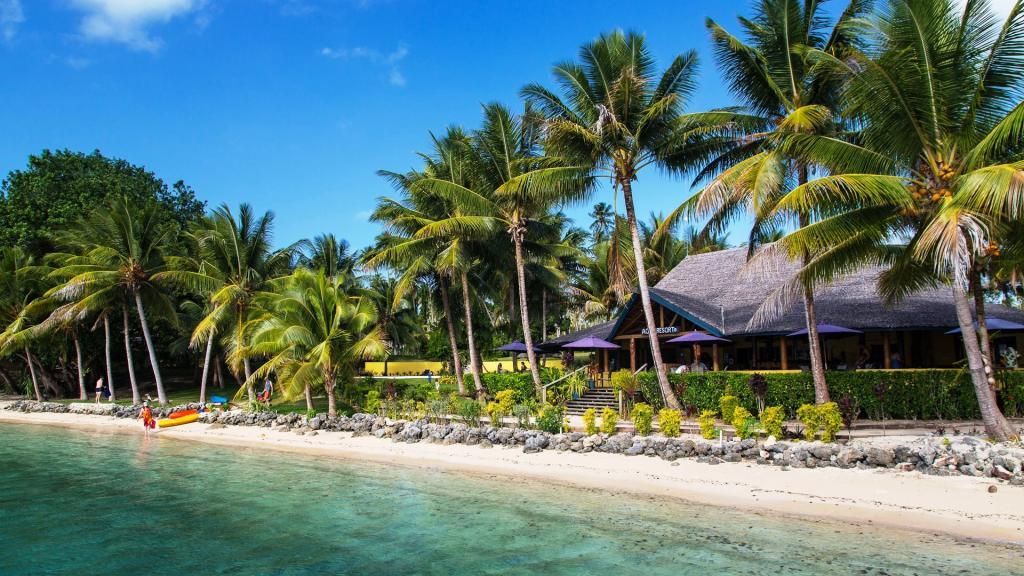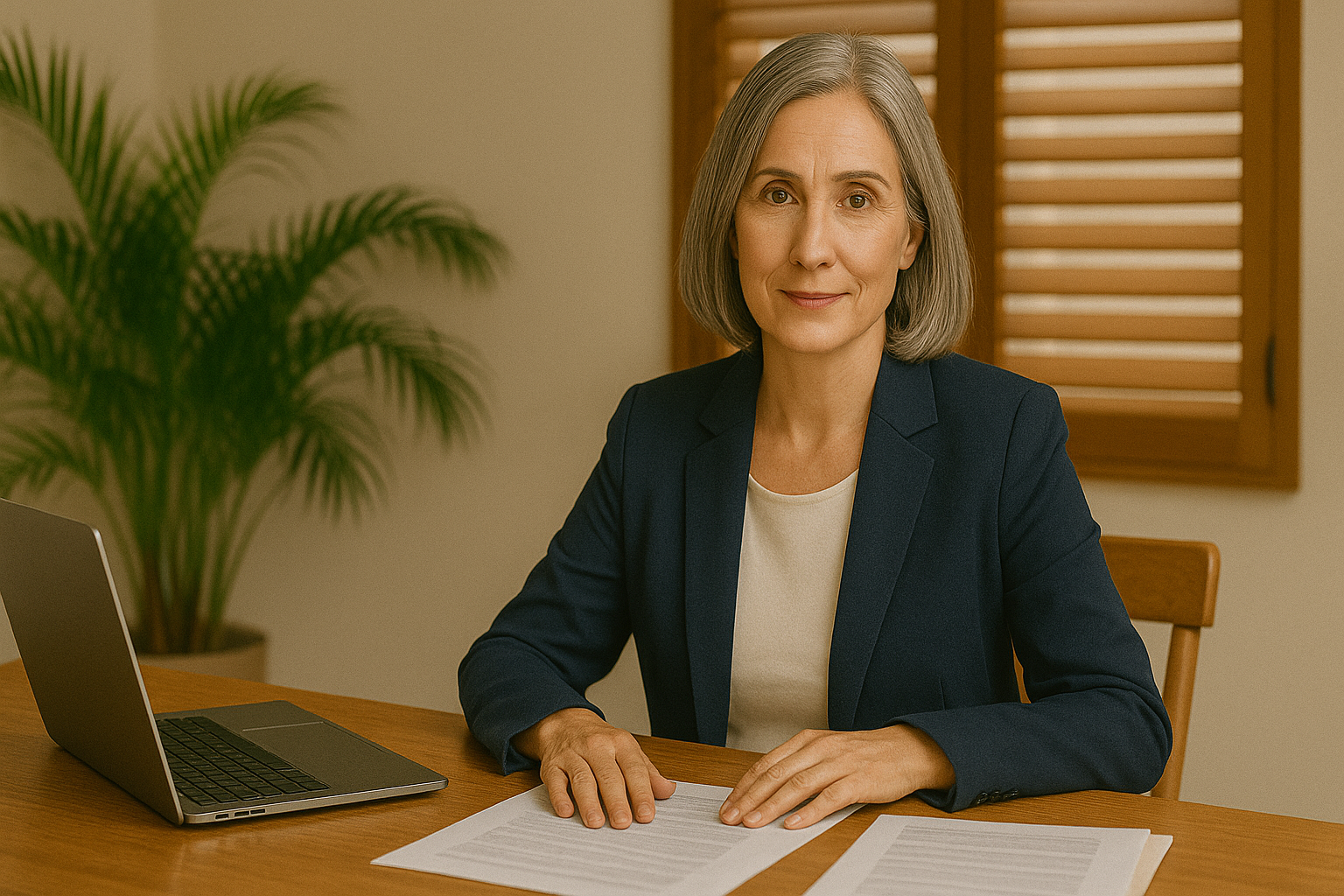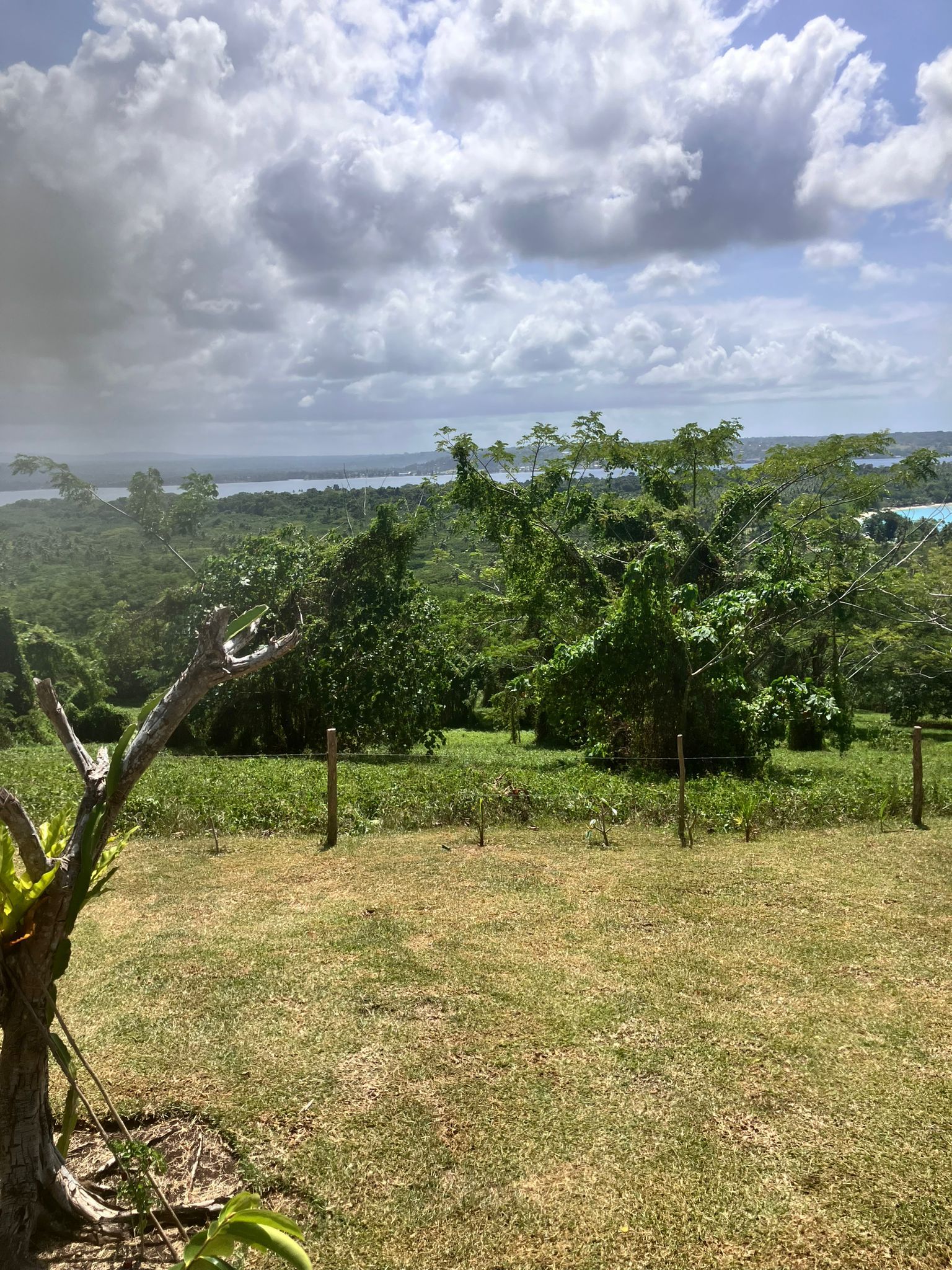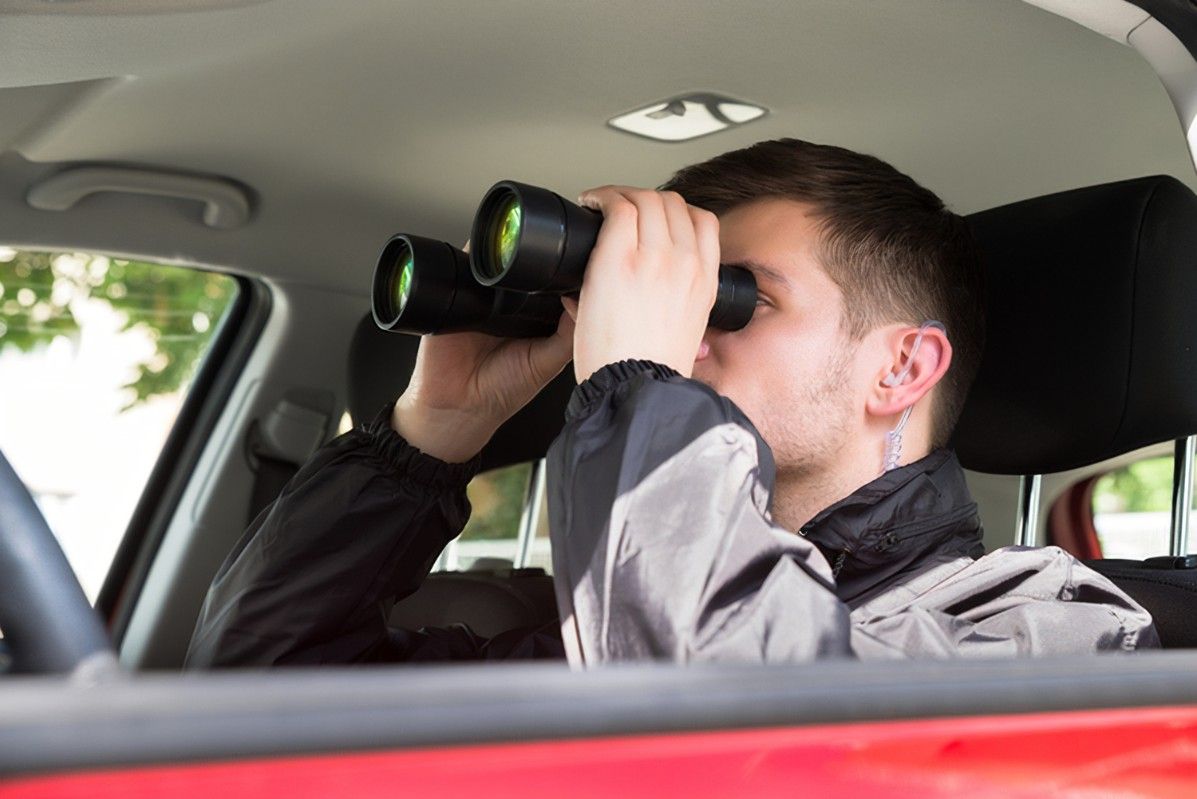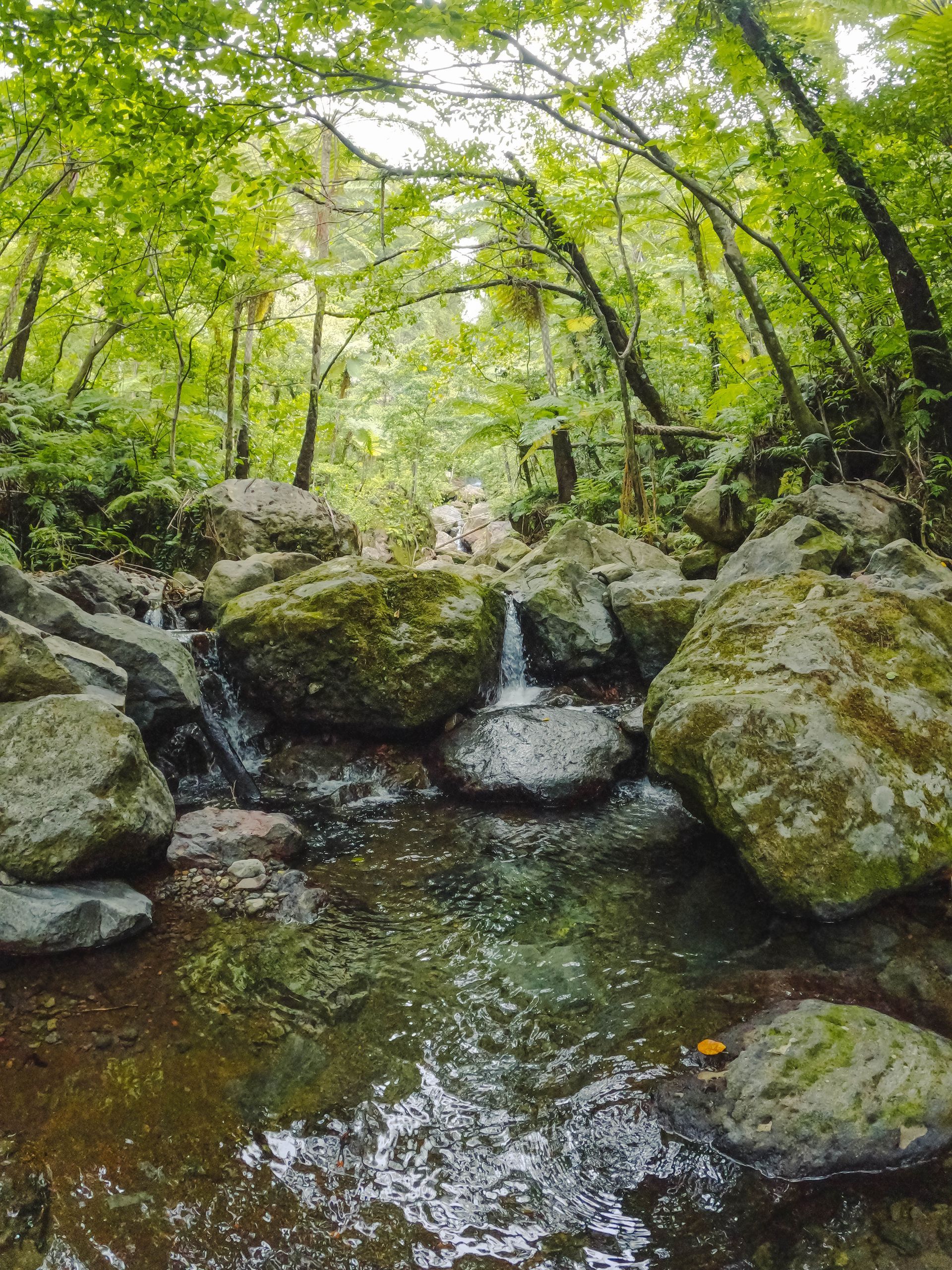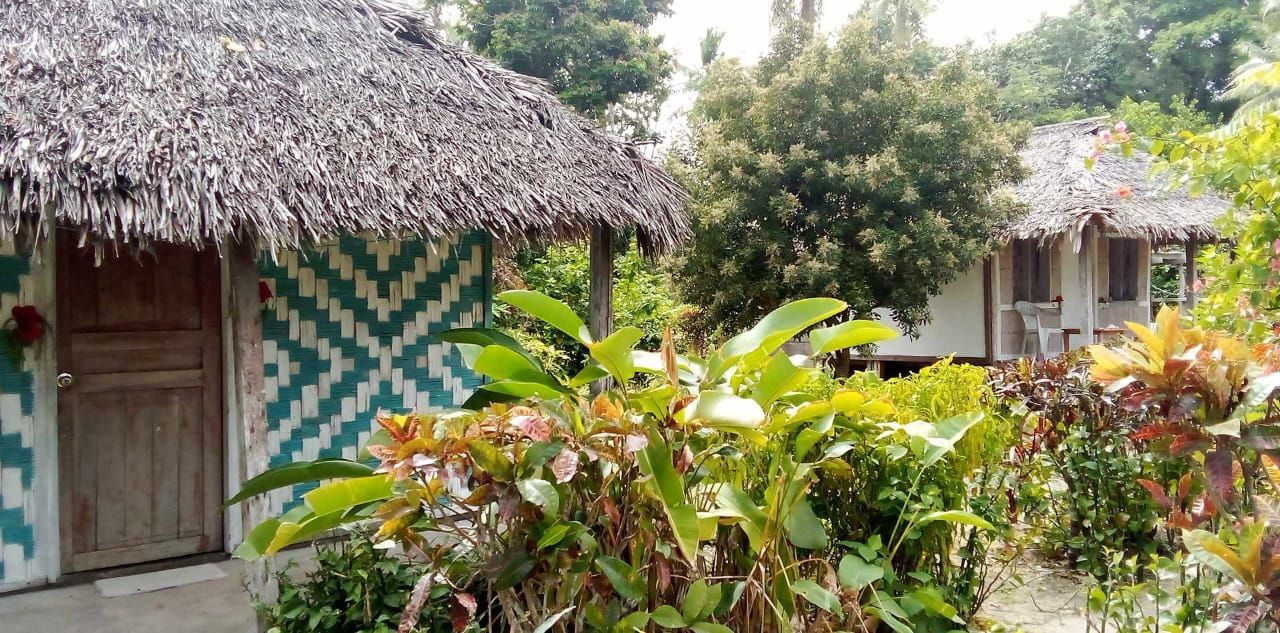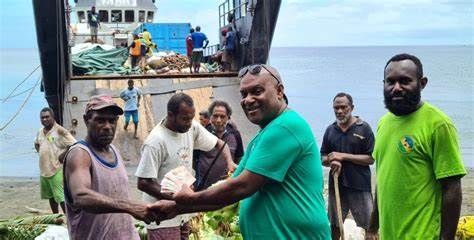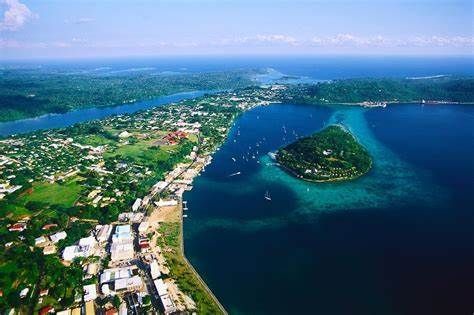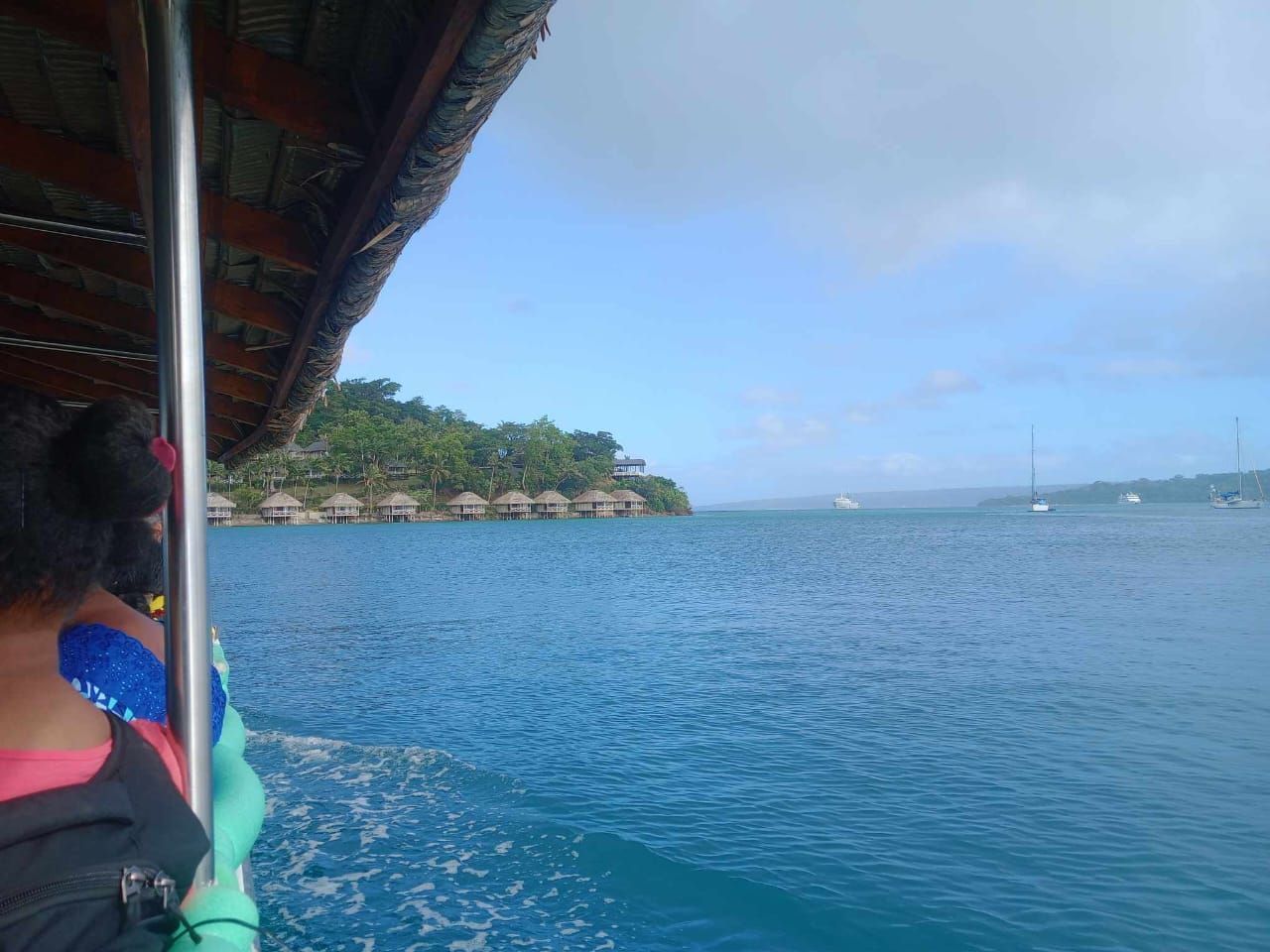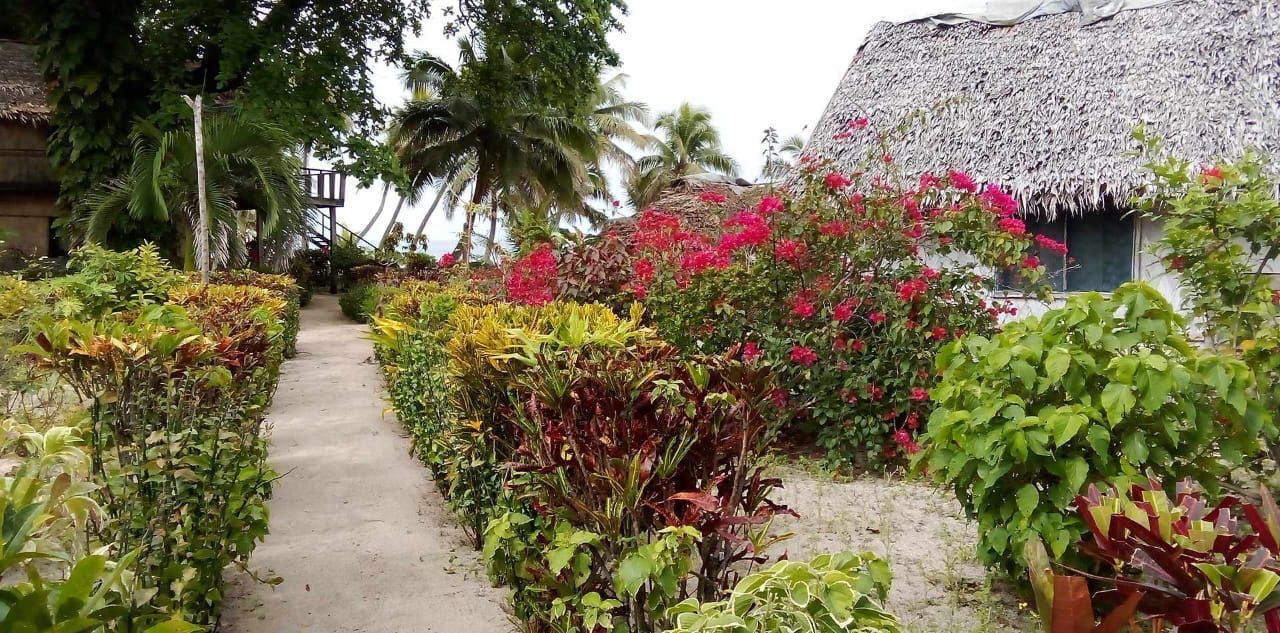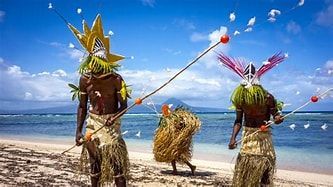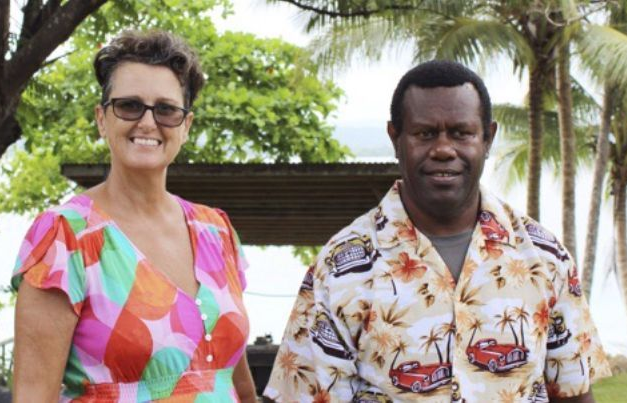The Shift from Resort Luxury to Real Sustainability, Why Self-Sufficiency
Is Redefining Vanuatu’s Future
Share
By Justine Murray 7min Read
The Problem with the Old Resort Mindset
Across Vanuatu’s islands from Efate to Aore a new conversation is emerging. For decades, tourism and property investment followed an outdated “resort model”: dig wells, import everything, and rely on diesel generators to keep the lights on.
Places like Aore Island, home to the historic Aore Resort, highlight that mindset perfectly. Once, success meant the loud hum of a generator and monthly shipments from Australia. That model worked when energy was cheap and water seemed endless. It doesn’t work anymore.
Rising land prices in Australia are pushing new investors toward Vanuatu. But this new generation isn’t bringing the old habits. They’re bringing self-sufficiency.
What Self-Sufficiency in Vanuatu Really Means
Self-sufficiency in Vanuatu isn’t just living off-grid it’s designing systems that respect the island’s natural rhythm.
Modern off-grid investors are using:
- Solar power instead of diesel
- Rain harvesting systems instead of wells that drain groundwater
- Composting toilets and biogas systems instead of septic tanks
- Local timber and natural materials instead of imported concrete
These systems don’t just reduce bills; they create resilience. When cyclones hit or supply ships stall, the self-sufficient homes stay powered, watered, and livable.
Planning a holiday in Vanuatu is simple and affordable, but knowing where to go makes all the difference. From exploring Aore Island’s beaches to finding the best local stays, these tips will help you enjoy your trip with confidence and discover the real island experience.
The Water Crisis Beneath the Surface
Under Vanuatu’s islands lies a fragile water table. For years, resorts drilled deeper wells, “borrowing” from underground aquifers faster than rain could replace them.
Each borehole sucked up a little more of the island’s shared water an invisible but devastating practice. That’s why the new standard is rainwater harvesting, not groundwater extraction.
A single 200 m² roof in Aore Island can collect over 200,000 litres of water annually. Add solar filtration, and you’re energy-neutral and water-independent no noise, no diesel fumes, no ecological debt.
The Difference Between Self-Sufficiency and Permaculture
People often confuse self-sufficiency with permaculture but they’re different mindsets.
- Self-sufficiency focuses on independence: growing your own food, generating your own power.
- Permaculture focuses on regeneration: designing a system where waste becomes fuel and every element supports the others.
- In short:
Self-sufficiency = freedom.
Permaculture = balance.
The new wave of investors across Vanuatu is combining both. They’re not just building homes — they’re building living ecosystems.
Explore Vanuatu: Tours Across Santo, Aore, and Beyond
Discover the best Vanuatu holidays with island tours, resorts, and authentic local experiences. From Aore Island getaways to Santo adventures, explore why Vanuatu is one of the South Pacific’s top travel destinations.
How Aore Island Reflects the Turning Point
On Aore Island, the contrast is clear. Older resorts rely on wells and imported diesel. New Airbnb operators and boutique lodges are running solar, storing rainwater, and sourcing local materials.
An example: one new development uses only native timber and natural lime render no imported concrete. Power comes from a hybrid solar-battery array. Water from the roof. Waste recycled on-site.
These investors aren’t anti-development; they’re redefining it. They see Aore not as a “resort island” but as a model for regenerative living.
Why Australians Are Looking to Vanuatu
Australian property prices have exploded. For the same cost as a suburban Sydney block, investors can buy multiple hectares of coastal land in Vanuatu and live without utility bills.
In Australia, regulations, rates, and red tape choke off innovation. In Vanuatu, with the right local partnerships and environmental respect, you can design freely solar first, natural water systems, and gardens that feed the land as much as they feed you.
It’s not escapism. It’s future-proofing.
Natural Building: The Return to Local Resources
Self-sufficiency isn’t about deprivation. It’s about using what already exists.
Builders across Vanuatu are rediscovering:
- Coral stone foundations
- Coconut timber framing
- Bamboo panels and woven pandanus walls
- Citrus oil and lime finishes
When a storm comes, these structures breathe. When the land shifts, they move. When they eventually age, they return to the soil leaving nothing toxic behind.
This is the antithesis of the “buy new every year” resort mentality.
Living in Vanuatu: Lifestyle, Costs, and Culture
Life in Vanuatu is slower, safer, and cleaner than many crowded tourist destinations. With fresh local food, a welcoming community, and direct links to Australia and New Zealand, the lifestyle here offers a balance of affordability and true island living.
The Next Generation of Investors
The mindset shift is global. A new wave of investors often younger, sustainability-driven Australians are buying land not to build resorts, but to build resilient communities.
They don’t want more marble lobbies. They want:
- Solar kitchens
- Permaculture gardens
- Composting systems
- Timber workshops
- Tiny homes that leave a small footprint but a big impact
These aren’t vanity projects; they’re prototypes for how tropical islands can survive the next 50 years.
Economic and Environmental Win-Win
Going off-grid once meant compromise. Now it’s the smarter economic choice.
Diesel in Vanuatu can cost $2.50 – $3.00 AUD per litre. Solar, once installed, costs nothing. A single 5 kW setup with battery backup powers an entire home indefinitely.
Rain tanks pay for themselves within two years. Organic gardens cut food imports, which are rising with shipping costs. Even composting saves septic installation expenses.
Each step toward self-sufficiency compounds financial freedom, energy independence, and environmental stability.
From Resort Guests to Regenerative Guardians
The best part? Tourists are noticing. They don’t want to stay in fuel-burning, water-draining hotels anymore. They want authentic experiences that align with their values.
A resort like Beachfront on Aore can lead this transformation: pivoting from generator-driven luxury to eco-driven heritage. Guests could learn rain harvesting, cook with solar ovens, and walk through permaculture gardens instead of manicured lawns.
That’s not just sustainability it’s a brand story with longevity.
The Future Is Regenerative
Vanuatu has the ingredients for a new model of living:
- Abundant sun
- High rainfall
- Fertile soil
- Strong community networks
- Cultural respect for nature
What’s missing is the mindset and that’s changing fast.
The days of drilling wells and importing prefab concrete are numbered. The future of Vanuatu belongs to those who design with the land, not against it. The self-sufficient lifestyle isn’t just trend it’s becoming the island standard.
Final Thought
Aore Resorts began as a symbol of imported luxury. Its next chapter could symbolize something greater a showcase of how tourism, investment, and nature can thrive together.
As land costs in Australia soar and climate challenges rise, more people are realising that real wealth isn’t square footage it’s sustainability, freedom, and harmony with the land. Vanuatu is showing the world what that looks like.
FAQs Sustainability & Development on Aore Island
Why are investors shifting toward self-sufficient projects?
Why are investors shifting toward self-sufficient projects?
Diesel costs, water scarcity, and stricter environmental standards are eroding the profitability of conventional resorts. Regenerative projects have lower long-term costs and higher brand equity.
What’s the biggest environmental risk from resorts on Aore Island?
What’s the biggest environmental risk from resorts on Aore Island?
Groundwater depletion. Continuous borehole pumping lowers aquifers and risks saltwater intrusion. Once that happens, the island’s fresh-water lens can take decades to recover.
What makes Fridom Farm different?
What makes Fridom Farm different?
Fridom Farm operates on permaculture principles solar power, rain harvesting, composting, and zero import dependence. It produces energy and food instead of consuming them.
How is Mother Tree Hill setting a new standard?
How is Mother Tree Hill setting a new standard?
By designing for community, not just occupancy. Shared gardens, low-density homes, and natural hydrology management make it regenerative, not extractive.
Why isn’t Aore Resorts considered sustainable?
Why isn’t Aore Resorts considered sustainable?
Because they still depends on diesel power, bore-water extraction, and imported materials. Sustainability means closed-loop systems energy, water, waste and the resorts havn’t reached that threshold.
What’s the takeaway for buyers and developers in Vanuatu?
What’s the takeaway for buyers and developers in Vanuatu?
The old resort model is dying. The future belongs to self-sufficient, permaculture-driven developments that restore rather than exploit the kind being built by projects like Fridom Farm and Mother Tree Hill.
Contact Us
Read the Latest Articles on Vanuatu Property & Lifestyle
Stay up to date with the newest insights on Vanuatu property, business, and lifestyle. From affordable land tips to investment guides, these articles keep you informed and ready to take action.

